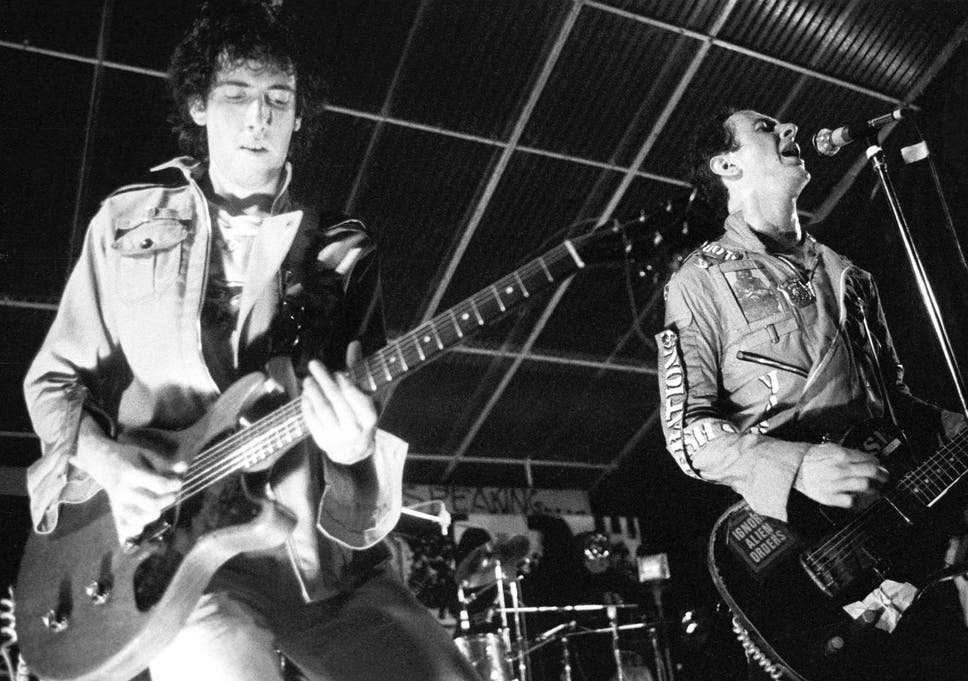November 2019
Whether it’s a love song, dance song or lullaby, music shares similar underlying structural elements, according to a ground-breaking study. In fact, we even use the same simple building blocks to make melodies, suggesting humans might have an innate “grammar” for music.
While music seems to be everywhere, scientists haven’t previously found much evidence to suggest it has any universal features. The prevailing view is that music is so diverse that few, if any, universals exist.
Settling the matter empirically has been difficult, because research often focuses on individual cultures and musical contexts, says Samuel Mehr of Harvard University.
So Mehr and his colleagues decided to use data science to try to understand what was universal and what varied in music across the world.
To do this, they developed a database containing around 5000 detailed descriptions of songs and their performances in 60 human societies. They created another database to analyse recordings taken of four types of music from 30 different regions, which included dance songs, healing songs, love songs and lullabies.
Base tone
But the most striking discovery was that all cultures had melodies centred around a base tone. For example, starting the song Twinkle, twinkle little star on the note C means that notes in a C major scale are used. In a tonal song like this, the note C offers listeners a sense of stability and feels like “home” – and is often the note on which the song ends.
When Mehr and his colleagues asked music scholars to listen to the songs, they overwhelmingly classified them as tonal, and an algorithm fed transcriptions of the songs accurately predicted the same tonal centre that the experts judged the song as having.
“In the way that all languages in the world have a set of phonemes – all words in the world are made up of small sets of speech sounds – so it is with melodies. All melodies can be built up from a small set of notes,” says W. Tecumseh Fitch at the University of Vienna, Austria.
The authors suggest this might be a sign that humans have a universal “musical grammar”, much like the universal linguistic grammar we are thought to have.
“This suggests there is a biological basis that is constant across all humans, but interpreted differently in different human cultures,” says Fitch.












